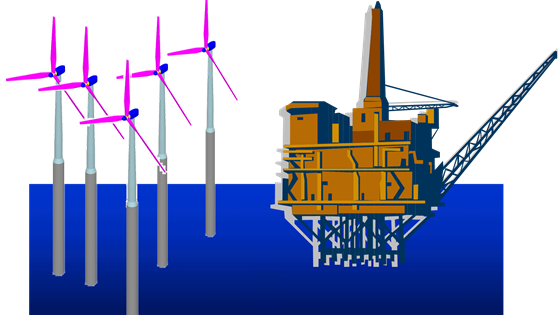
Offshore Wind Integration with a Stand-alone Electric Grid for Oil and Gas Offshore Installations
Offshore Wind Integration with a Stand-alone Electric Grid for Oil and Gas Offshore Installations

Offshore Wind Integration with a Stand-alone Electric Grid for Oil and Gas Offshore Installations

SET-Nav's objective is to support strategic decision making in Europe’s energy sector, to facilitate the development of optimal technology portfolios by market actors. The project is based on three pillars: a broad and technically-advanced modelling...
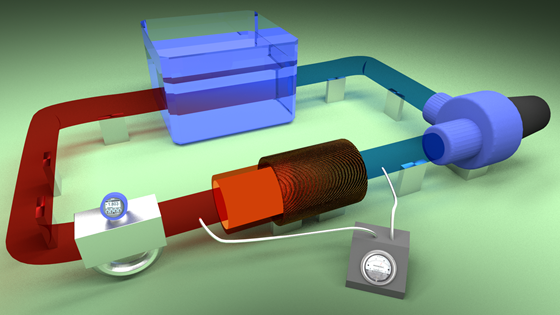
FerroCool is an experimental project that will investigate ferrofluid heat transfer. It is an early step towards realizing a novel, efficient and reliable cooling concept that uses magnetic nanofluids.
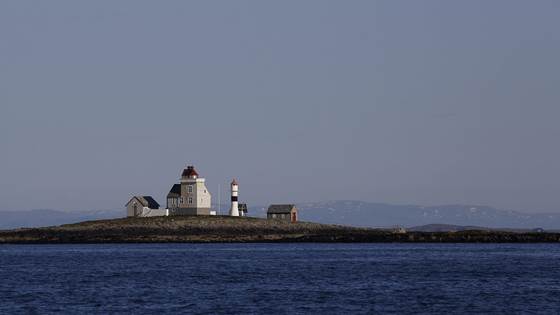
ENTiCE is a three year project financed by the Research council of Norway in which SINTEF Fisheries and aquaculture, NTNU, Frøya High School, and the Scottish Association for Marine Science will implement and develop new technologies for studying the...

The project has a large potential for improving the transmission system's asset management by optimizing decisions on maintenance and reinvestments using developments in information and communication technology (ICT) and existing business specific...
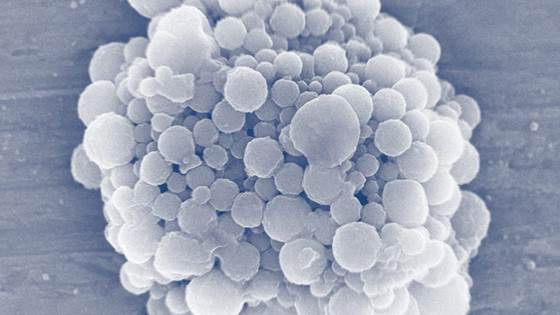
BubbleCAN addresses the optimization of a product for the delivery of very high local concentrations of drugs to tumors using non-invasive focused ultrasound. The product is based on SINTEF owned technology platforms.
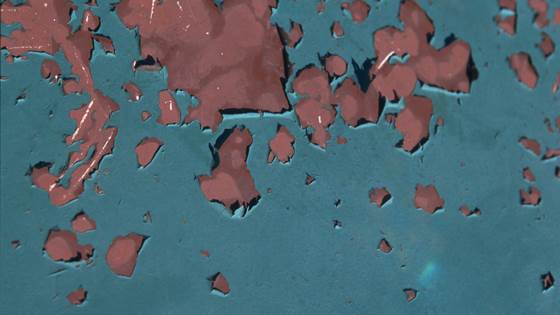
The CARBCOATPRO project aims at developing innovative multi-level protective "smart"coatings with enhanced "self-healing" active protection properties, to improve the long-term performance of metallic substrates.
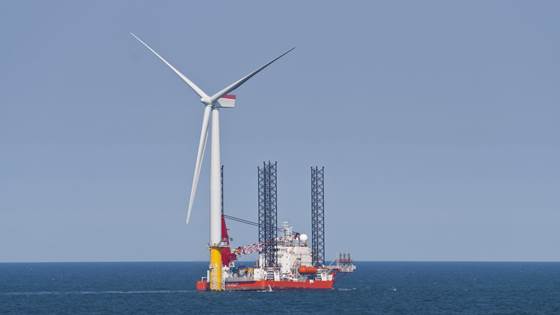
Europe needs more green energy. Offshore wind power is an expanding market for Norwegian maritime industry.

In this project, we aim at increasing our competence and developing new polymer or hybrid capsule demonstrators using a range of techniques and materials. Nano- and microcapsules are currently of high interest in many applications where protection of...
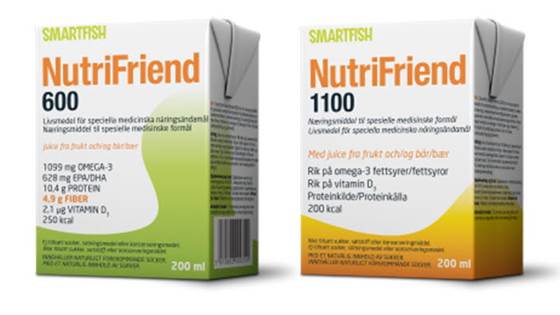
New solutions for orally administrated drugs are in demand by users, society and the pharmaceutical industry. The overall goal of NutriDrug is to develop a novel and efficient oral drug delivery system for the treatment of cancer and infectious...
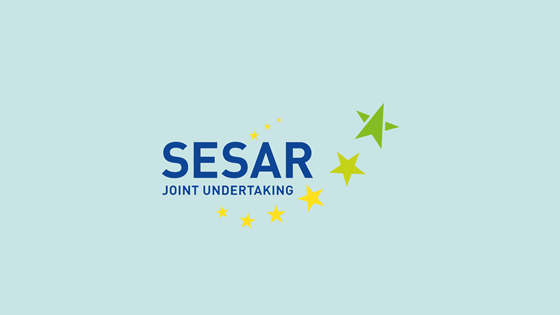
The project aims to reduce development and operating costs of air navigation service provision.

Project PJ 28, A Very Large Demonstration (VLD) project, will demonstrate the benefits that specific promising SESAR solutions will bring in a large and two mid-size airports, where traffic congestion daily takes place during the peak season and...

The project proposes the development of a remotely provided aerodrome air traffic service by a "multiple" and/or "centre" setting. Those settings help to combine ATS services from various aerodromes in a centralized control room independent on...
The project is articulated around two SESAR Solutions, emphasising all of the key airport processes. Integration of airports into the ATM network will be addressed through sharing information in a timely manner between the network operations plan and...

State-of-the-art solar cells are efficient – but are even more so when they are kept clean. A cleaning robot developed by Norwegian researchers enables solar panels to deliver at full capacity. The objective of the project was to develop a self...
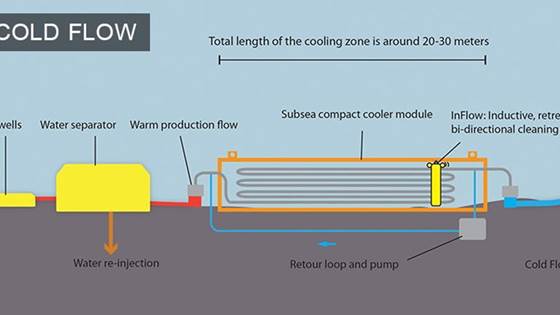
EMPIG, in cooperation with Kværner, will develop an always-clean cooling system (ACS). Through multidisciplinary competence at SINTEF, and a close collaboration with Kværner, that will manufacture and assemble the main parts of the ACS prototype, the...

The project will focus on dynamic airspace configurations (DAC) and dynamic mobile areas (DMA), which enable more flexible response to traffic demand and regional/local performance objectives.

BEST is SESAR Exploratory Research project focusing on a new way of data handling. By creating new data classification methodologies it will enable the application of System Wide Information Management (SWIM) one of the main results of SESAR.